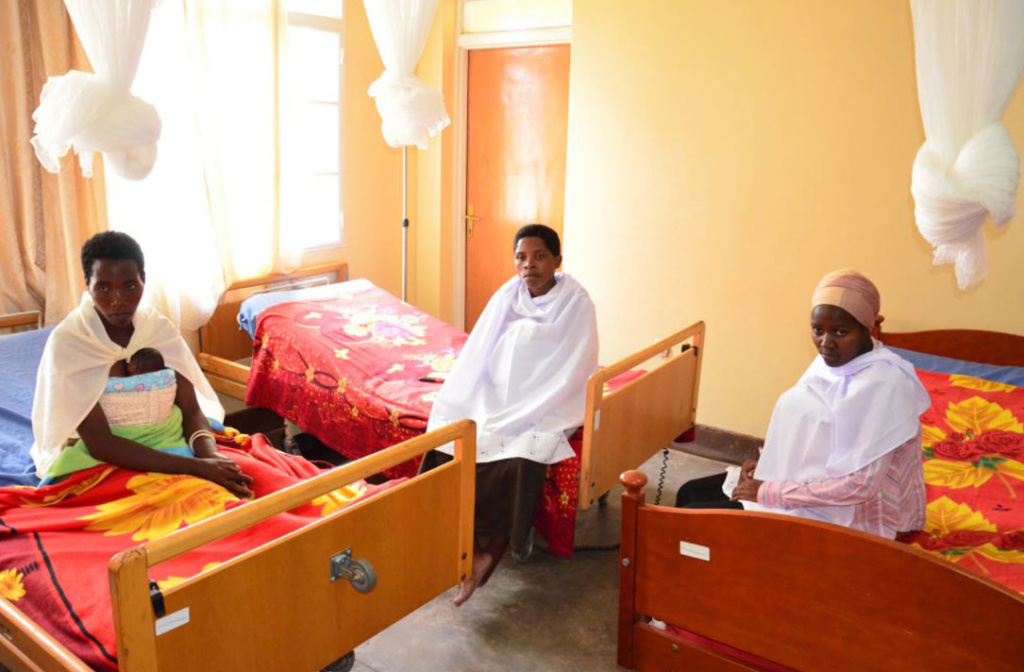In responds to the tragic impediment to food crop production caused by Fall ArmyWorm (FAW) in many parts of Africa, the UN Food and Agriculture Organization (FAO) has launched a comprehensive guide on the integrated pest management of the FAW on maize.
The guide which was developed mainly for smallholder farmers and frontline agricultural staffs, was created in partnership with International Institute of Tropical Agriculture (IITA), International Centre of Insect Physiology and Ecology (ICIPE), Lancaster University, Centre for Agriculture and Bioscience International (CABI), Empresa Brasileira de Pesquisa Agropecuária (EMBRAPA), Colegio de la Frontera Sur (ECOSUR) and the United States Department of Agriculture (USDA), to help manage and build resilience against FAW irrespective of predictions of its reoccurrence, thereby preventing hunger situations in Africa.
The guide is packaged with hands-on advice and has the ability to correctly detect the pest, and also proffer solutions in an integrated, ecological and sustainable way.
“We know that farmer education and community action are critical in best managing FAW, and curbing its spread as much as possible,” said Maria Helena Semedo, FAO Deputy Director-General.
“The guide builds on the experiences of farmers and researchers from the Americas who have been dealing with the pest for centuries as well on new technology and lessons learnt so far in Africa. It gives African farmers and frontline agricultural workers the practical advice they need to tackle FAW head-on,” added Semedo.
“As FAW is new to Africa, farmers’ and crop protection and extension workers’ good understanding of the pest’s behaviour and management practices are crucial in effectively managing it without damaging human health and the environment,” said Bukar Tijani, FAO Assistant Director-General and Regional Representative for Africa.
To this end, FAO beckons on African countries that have been predicted to experience the FAW in the nearest future given the current distribution of FAW in Africa to begin taken precautions by re-enforcing early warning systems at community level, raising awareness among farmers, and using available materials, such as the guide.


